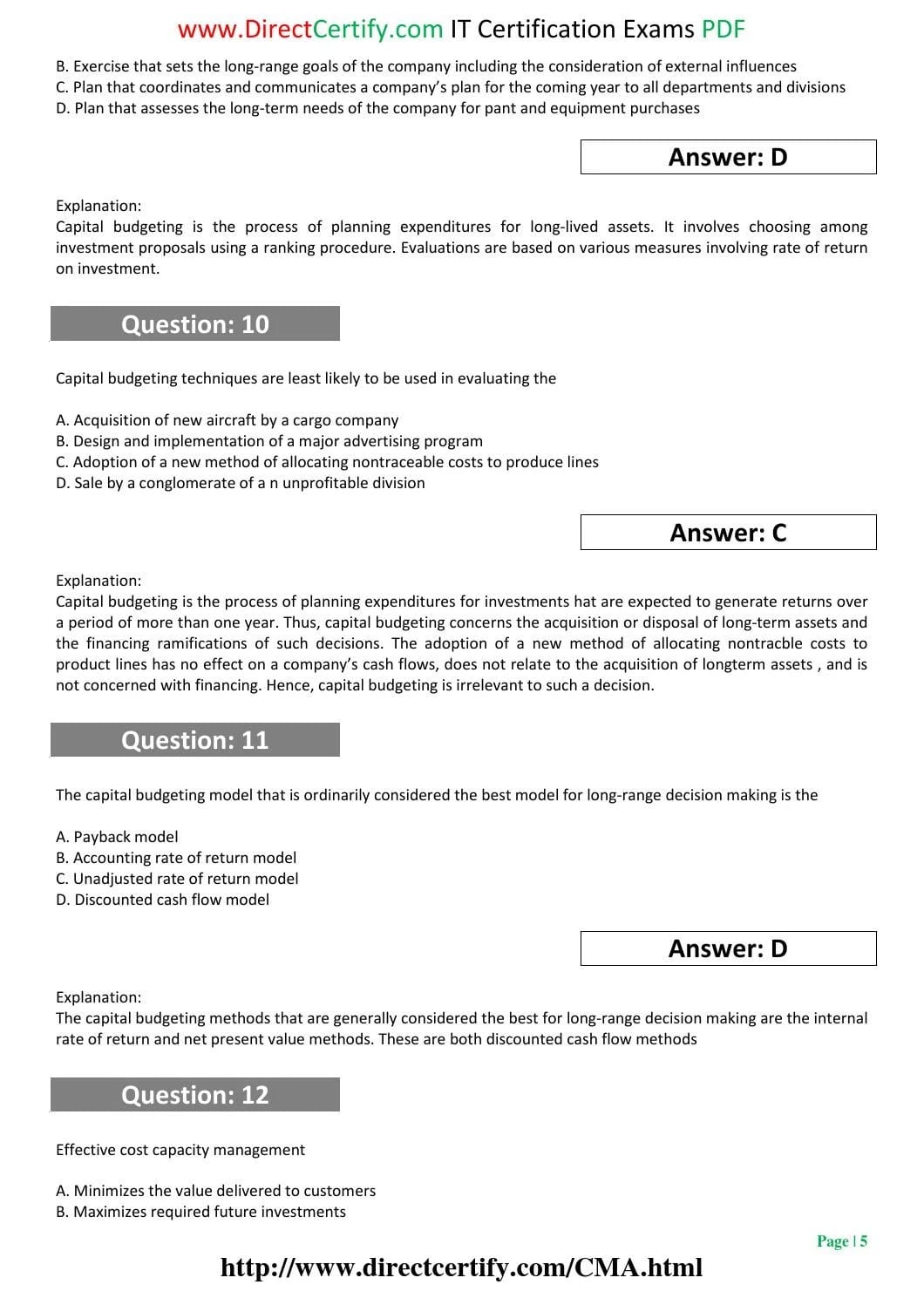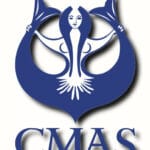Hey Colorado students and parents! The Colorado Measures of Academic Success (CMAS) assessments are a key part of your educational journey. This guide provides free practice tests, expert strategies, and essential information to help you navigate the CMAS landscape with confidence. Whether you’re aiming for a passing score or striving for the top, we’ll equip you with the tools you need to succeed in English Language Arts/Literacy, Math, and Science.
Ace the CMAS: Practice Tests & Prep
CMAS practice tests are crucial for Colorado students. They offer a sneak peek at the test format and question types for English Language Arts (ELA), Math, and Science, allowing students to become more comfortable and confident before the actual test day. Taking practice tests can also help pinpoint areas where additional study might be needed. Numerous free practice tests are available online, including resources from Lumos Learning, PearsonAccess Next, the Colorado Department of Education, and Quizizz. These resources serve as valuable training grounds for students to hone their skills. But how can you maximize the benefits of practice tests? Here’s a breakdown of proven strategies:
Explore the Test: Before diving into a practice test, take some time to familiarize yourself with the layout and question types. This preview can help reduce test-day surprises and anxiety.
Practice Regularly: Just like training for a marathon, the more you practice, the better prepared you’ll be. Regular practice builds familiarity, boosts confidence, and improves pacing.
Time Yourself: CMAS tests are timed, so practicing under timed conditions is essential. Use a timer to simulate the actual test environment and develop effective time management skills.
Review and Reflect: After each practice test, carefully review your answers, particularly the ones you missed. Understanding your mistakes is key to identifying areas for improvement. Some experts even suggest retaking the same practice test a few days later to gauge knowledge retention.
Study Smart: Combine practice tests with effective study habits. Create a realistic study schedule, break down your sessions into manageable chunks, and schedule regular breaks to avoid burnout.
Supporting Student Success: Parents and educators play a vital role in a student’s CMAS journey. Encouraging regular practice, providing access to resources, and offering emotional support can significantly reduce test anxiety and boost confidence. Open communication about the tests and addressing any concerns students might have can make a world of difference.
Ongoing Research & Future Success: Ongoing research suggests that consistent practice and strategic preparation are likely key factors influencing test performance. While practice tests are valuable tools, they don’t guarantee success. By combining practice tests with effective study habits, a positive attitude, and a supportive environment, students can significantly improve their chances of achieving their CMAS goals. Remember, these tests are just one piece of the puzzle in assessing a student’s overall academic progress. The ultimate goal is to foster a love of learning and equip students with the skills they need for future success.
Decoding CMAS: What It Means for Colorado Students
CMAS, or Colorado Measures of Academic Success, is essentially a periodic check-up to assess what Colorado students are learning in school. These tests, focusing on core subjects like English Language Arts (ELA), Math, Science, and Social Studies, provide a snapshot of student progress. CMAS results help educators and schools identify areas of strength and pinpoint areas where students may need extra support. It’s similar to a gardener checking on their plants—some may need more water, others may need more sun, while some may be thriving. CMAS helps tailor instruction to meet individual student needs and ensure everyone has the opportunity to grow.
CMAS assessments aren’t about labeling students; they’re about gaining a clearer understanding of how well Colorado schools are teaching the state’s educational standards. These standards outline what experts believe students should know at each grade level. The test results help teachers and schools evaluate the effectiveness of their teaching methods and identify areas for improvement.
So, who takes these tests? Generally, students in grades 3 through 8 take the CMAS tests for ELA and Math. Science assessments are administered to students in grades 5, 8, and 11. These strategically chosen grade levels represent key points in a student’s educational journey, offering insights into their academic development over time. By checking in at these specific grades, educators gain a comprehensive understanding of overall progress.
Why Practice Tests Matter:
Format Familiarity: Practice tests help students get accustomed to the test format, reducing surprises and anxiety on test day.
Identifying Strengths & Weaknesses: Practice tests serve as a diagnostic tool, highlighting areas where students excel and areas where they may need to focus their study efforts.
Time Management Mastery: Practice tests help students learn to manage their time effectively under timed conditions, preparing them for the time constraints of the actual CMAS assessments.
Confidence Boost: Perhaps the most significant benefit of practice tests is the confidence they instill. Regular practice builds familiarity and reduces test anxiety, allowing students to perform at their best.
While CMAS testing offers valuable data, it’s important to remember it’s just one piece of the puzzle. Numerous factors contribute to a student’s overall learning and development. CMAS tests are a helpful snapshot of progress but don’t tell the whole story. Ongoing research explores how these assessments can be further refined and used more effectively to support student growth and development.
Aiming High: Understanding CMAS Scores
We’ve discussed CMAS and practice tests, but what’s the highest possible score on these assessments? The maximum score a student can achieve on the CMAS is 500. While 500 represents the summit, a passing score of 360 (72%) is a significant accomplishment. How can you improve your chances of a successful CMAS performance, whether aiming for a perfect 500 or a solid pass? Here’s a strategic approach:
Practice Tests: Take advantage of free practice tests to familiarize yourself with the test format and question types. This “practice hike” prepares you for the actual climb.
Timed Practice: Practice under timed conditions to develop effective time management strategies.
Targeted Review: Identify and review topics or concepts that you find challenging.
Rest & Recharge: Ensure adequate sleep the night before the test to allow your brain to function at its best.
Fuel Your Body: Eat a healthy breakfast on test day to provide your brain with the fuel it needs.
While striving for the highest possible score is commendable, remember your CMAS score isn’t the sole measure of your abilities. These tests provide a snapshot of your knowledge at a specific time, and various factors can influence your performance. Current research acknowledges the limitations of standardized testing and emphasizes the importance of considering other indicators of student learning and growth. Do your best, and remember learning is a continuous journey. To expand your business opportunities in the auto industry, enhance your credentials with the CDIP certification. This certification will provide you with the knowledge and skills to excel in this dynamic field. If you’re aiming to become a Certified Management Accountant (CMA), then the CMA, CMA all is an excellent resource to consider for your preparation.
CMAS: A Comprehensive Overview
We’ve touched on various aspects of CMAS, but let’s provide a more in-depth look at what these assessments entail. The Colorado Measures of Academic Success (CMAS) are state-mandated, computer-based tests that assess student proficiency in core subjects. These tests are administered to students in grades 3-8 and certain high school grades. CMAS results provide valuable information about individual student progress, school performance, and overall educational effectiveness in Colorado.
CMAS tests cover English Language Arts (ELA), mathematics, science, and social studies, offering a comprehensive view of student learning. These assessments aren’t simply about assigning grades; they serve several vital purposes:
- Measuring student progress: CMAS helps track individual student growth and identify areas where they may need additional support. This information allows educators to tailor instruction and provide personalized learning experiences.
- Evaluating school effectiveness: CMAS results help schools understand their strengths and weaknesses, informing school improvement efforts and resource allocation.
- Accountability: CMAS contributes to Colorado’s accountability system for schools and districts, providing data that influences funding decisions and policy changes.
- Informing instruction: CMAS results provide teachers with valuable insights into student learning, allowing them to adjust their teaching strategies and optimize their lesson plans.
Key things to remember about CMAS:
- Standards-based: CMAS is aligned with Colorado’s educational standards, the Colorado Academic Standards (CAS), ensuring students are learning what the state deems essential.
- Comprehensive scope: CMAS covers a broad range of core subjects, providing a holistic view of student academic development.
- Wide reach: CMAS tests are administered to students across multiple grade levels, from elementary through high school.
- More than a score: CMAS results offer valuable insights into how individual students, classrooms, and districts are progressing, enabling educators to improve instruction and enhance learning environments.
It’s important to note that our understanding and use of assessment data continue to evolve. Ongoing research is exploring new and improved ways to measure student learning, and the specific tests and standards that make up CMAS may change over time. For up-to-date information, always refer to the Colorado Department of Education (CDE) website (cde.state.co.us), which provides valuable resources including practice materials, test blueprints, and information on accommodations. CMAS is a vital component of Colorado’s educational system, playing a crucial role in ensuring that all students have the opportunity to achieve their academic potential.
- Unlocking Francis Alexander Shields’ Finance Empire: A Comprehensive Biography - July 12, 2025
- Unveiling Francis Alexander Shields: A Business Legacy - July 12, 2025
- Francis Alexander Shields’ Business Career: A Comprehensive Overview - July 12, 2025
















2 thoughts on “Conquer the CMAS: Free Practice Tests and Proven Strategies for Success”
Comments are closed.